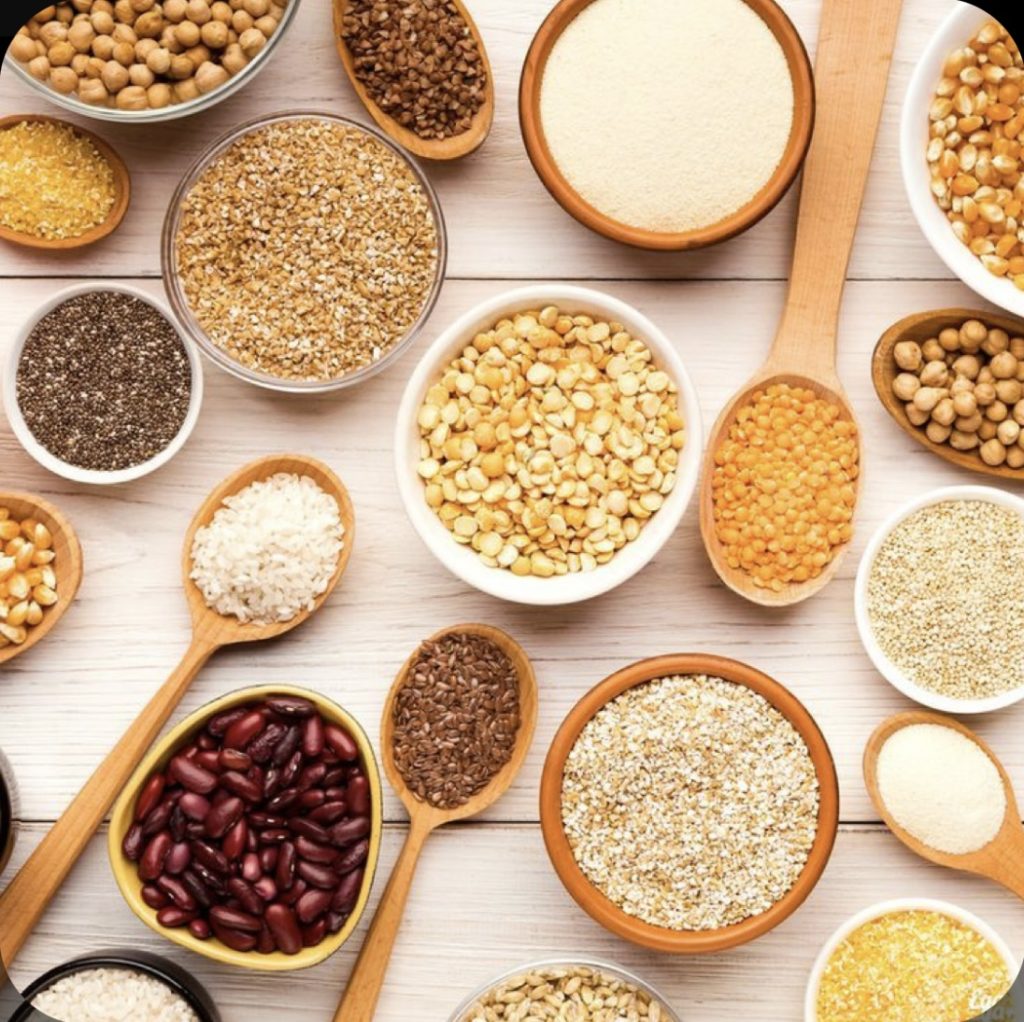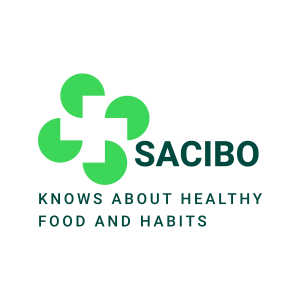- Home
- /
- Vitamins etc.
- /
- Minerals
- /
- Magnesium
- /
- Magnesium: The Essential Mineral...
Magnesium is an essential mineral that is involved in hundreds of biochemical reactions in the body, including protein synthesis, muscle and nerve function, and energy production.
In this article:

The Functions of Magnesium in the Body
Magnesium plays many important roles in the human body, including:
- Supporting bone health: Magnesium is essential for strong bones and teeth, as it helps the body absorb calcium and other minerals needed for bone growth.
- Regulating muscle and nerve function: Magnesium helps muscles and nerves function properly by regulating the movement of calcium, sodium, and potassium in and out of cells.
- Maintaining heart health: Magnesium plays a critical role in maintaining a healthy heart rhythm and supporting overall cardiovascular health.
- Supporting energy production: Magnesium is involved in the production of ATP, the primary source of energy for the body’s cells.
- Regulating blood sugar levels: Magnesium helps regulate insulin secretion and can help improve insulin sensitivity, which is important for maintaining healthy blood sugar levels.
Fortunately, magnesium deficiency can be easily corrected with magnesium supplements or by increasing the intake of magnesium-rich foods. For most adults, the recommended daily intake of magnesium is around 400-420mg per day. However, this amount can vary depending on age, gender, and health status.
It is important to note that while magnesium supplements are generally safe, excessive intake can lead to side effects such as diarrhea, nausea, and abdominal cramping. It is always best to consult with a healthcare provider before taking any new supplements.
The Best and Worst Forms of Magnesium
Magnesium comes in many different forms, each with its own unique benefits. Here are some of the most common forms of magnesium:
- Magnesium citrate: This form of magnesium is highly bioavailable and easily absorbed by the body. It is often used to promote relaxation and support healthy digestion.
- Magnesium glycinate: This form of magnesium is known for its calming effects and is often used to promote restful sleep.
- Magnesium oxide: This form of magnesium is less bioavailable than others, but it is commonly used as a laxative due to its ability to draw water into the colon.
- Magnesium chloride: This form of magnesium is highly bioavailable and easily absorbed by the body. It is often used topically as a spray or bath salt to promote relaxation and reduce muscle tension.
- Magnesium sulfate: This form of magnesium is commonly known as Epsom salt and is often used in baths to promote relaxation and soothe sore muscles.
The Sign of Magnesium Deficiency
Identifying a Magnesium Deficiency Magnesium deficiency can occur due to a variety of reasons such as inadequate dietary intake, certain medical conditions, and medication use. The following are some signs and symptoms that indicate a magnesium deficiency:
- Muscle weakness and cramps
- Fatigue
- Restlessness
- Insomnia
- Irritability
- Anxiety
- Depression
- Headaches
- Heart palpitations
- High blood pressure
- Numbness or tingling in the hands and feet
If you are experiencing any of these symptoms, it is important to consult a healthcare provider who can help determine whether you have a magnesium deficiency or not.

Testing Magnesium Levels in the Body
To determine magnesium levels in the body, your healthcare provider may recommend one or more of the following tests:
- Blood Magnesium Test: This test measures the amount of magnesium in the blood. The normal range for blood magnesium levels is between 1.7 and 2.2 milligrams per deciliter (mg/dL).
- Urine Magnesium Test: This test measures the amount of magnesium in the urine. The normal range for urine magnesium levels is between 25 and 75 mg per 24 hours.
- Red Blood Cell Magnesium Test: This test measures the amount of magnesium in the red blood cells. The normal range for red blood cell magnesium levels is between 4.2 and 6.8 mg/dL.
It is important to note that the blood magnesium test may not always accurately reflect the body’s magnesium status as magnesium is mostly stored in the bones and cells rather than the blood. Therefore, your healthcare provider may recommend additional tests or assessments to determine your magnesium status accurately.
The Food rich of Magnesium
Magnesium can be found in a variety of foods, both plant-based and animal-based. Here are some of the top food sources of magnesium:

- Leafy greens: Leafy greens, such as spinach, kale, and Swiss chard, are excellent sources of magnesium. In fact, just one cup of cooked spinach contains 157 milligrams of magnesium, which is 39% of the daily recommended intake for adults.
- Nuts and seeds: Nuts and seeds are also rich in magnesium. Some of the best sources include almonds, cashews, pumpkin seeds, and sunflower seeds. One ounce of almonds contains 80 milligrams of magnesium, which is 20% of the daily recommended intake.
- Whole grains: Whole grains, such as brown rice, quinoa, and oats, are good sources of magnesium. One cup of cooked quinoa contains 118 milligrams of magnesium, which is 30% of the daily recommended intake.
- Legumes: Legumes, such as black beans, kidney beans, and lentils, are high in magnesium. One cup of cooked black beans contains 120 milligrams of magnesium, which is 30% of the daily recommended intake.
- Seafood: Some types of seafood are also good sources of magnesium. For example, one fillet of cooked salmon contains 53 milligrams of magnesium, which is 13% of the daily recommended intake.
- Dairy products: Dairy products, such as milk, yogurt, and cheese, contain magnesium. One cup of plain yogurt contains 47 milligrams of magnesium, which is 12% of the daily recommended intake.
In addition to these food sources, magnesium can also be found in supplements. However, it’s important to talk to a healthcare professional before taking magnesium supplements, as high doses can cause adverse effects.
It’s essential to understand not only the sources of essential nutrients like magnesium but also the factors that can interfere with their absorption. Magnesium is a mineral that plays a crucial role in various bodily functions, including nerve and muscle function, bone health, and heart health. However, some products can prevent the absorption of magnesium, leading to deficiencies and potential health problems.
The products interfering with the magnesium absorption
Here are some products that can interfere with the absorption of magnesium:
- Calcium: Calcium and magnesium compete for absorption in the body. Therefore, taking high doses of calcium supplements can reduce the absorption of magnesium. It’s essential to maintain a balance between calcium and magnesium intake to ensure optimal absorption of both minerals.
- Phytic acid: Phytic acid is found in some plant-based foods, such as whole grains, beans, and nuts. This compound can bind to minerals like magnesium, preventing their absorption in the body. Soaking or sprouting these foods can reduce their phytic acid content and increase mineral absorption.
- Oxalic acid: Oxalic acid is found in some plant-based foods, such as spinach, beet greens, and rhubarb. Like phytic acid, it can bind to minerals like magnesium, reducing their absorption in the body. Cooking these foods can reduce their oxalic acid content and increase mineral absorption.
- Alcohol: Consuming alcohol can interfere with magnesium absorption in the body. Alcohol can increase urinary magnesium excretion, leading to lower magnesium levels in the body. It’s essential to limit alcohol consumption and ensure adequate magnesium intake to prevent deficiencies.
- Sugar: Consuming high amounts of sugar can increase urinary magnesium excretion, leading to lower magnesium levels in the body. It’s essential to limit sugar intake and ensure adequate magnesium intake to prevent deficiencies.
While magnesium is essential for various bodily functions, certain products can interfere with its absorption. It’s crucial to maintain a balance between nutrients and limit consumption of products that can affect magnesium absorption. By doing so, you can ensure optimal magnesium absorption and maintain good health.
In conclusion, magnesium is an essential nutrient that plays a crucial role in many bodily functions. Identifying a magnesium deficiency and testing magnesium levels in the body are important steps in maintaining optimal health. If you suspect you have a magnesium deficiency or are experiencing any of the symptoms mentioned above, speak with your healthcare provider, who can help determine the best course of action for you.
































































0 Comments